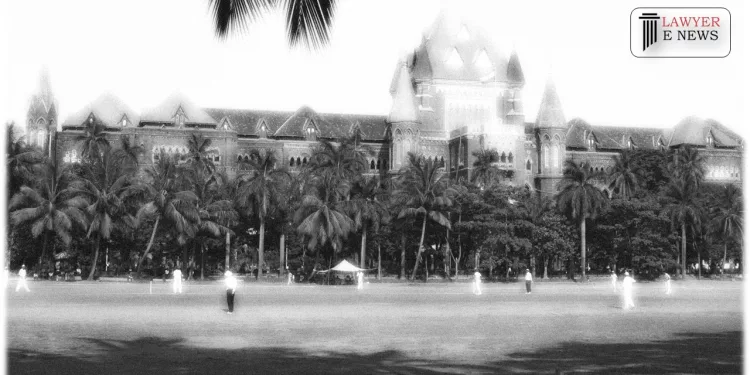THREATENING CALL FOR REFRAINING FROM DEMANDING REPAYMENT OF MONEY – NOT EXTORTION – FIR QUASHED: BOMBAY HC

In a significant development, the Bombay High Court has quashed the First Information Report (FIR) and impugned crimes related to allegations of extortion, criminal conspiracy, criminal intimidation, and organized crime. The judgment was delivered by Hon’ble M.M. Sathaye, J., who found that the allegations made in the FIR did not establish the elements of the offenses and failed to demonstrate a prima facie case against the accused individuals.
The judgment primarily focused on the allegations of extortion and examined whether the threats issued were intended to induce the delivery of property or valuable security. The court noted that the threats made by the caller were centered around refraining from demanding repayment of money rather than coercing the victim into delivering property. As a result, the court found that the offenses of extortion, punishable under Section 387 of the Indian Penal Code (IPC), and criminal conspiracy, punishable under Section 120B of the IPC, were not prima facie made out against the applicants.
Furthermore, the court examined the offense of criminal intimidation under Section 506 of the IPC. It observed that the threats were made outside the jurisdiction of Greater Mumbai and there was no allegation that the applicants themselves had issued the threats. Consequently, the offense of criminal intimidation was not applicable to the applicants. The court also highlighted that the offense of criminal intimidation under Section 506 IPC is normally non-cognizable and bailable, except in cases committed within Greater Mumbai, which was not applicable in this instance.
The judgment also discussed the presumption under Section 22 of the Maharashtra Control of Organized Crime Act, 1999 (MCOC Act). The court clarified that the presumption applies when there is a prima facie commission of an offense of organized crime. However, since no continuing unlawful activity prohibited by law, as defined in Section 2(1)(d) of the MCOC Act, was attributable to the applicants, the presumption was not attracted.
Based on the analysis of the offenses and the lack of prima facie evidence against the applicants, the court quashed the FIR, impugned crimes, and the order of approval under Section 23(1)(a) of the MCOC Act. The court emphasized that the quashing of the offenses and crimes would only apply to the applicants, with no impact on the ongoing investigation against other accused individuals.
Bombay High Court provides clarity on the elements of extortion, criminal conspiracy, criminal intimidation, and organized crime offenses. It emphasizes the importance of establishing prima facie evidence to sustain criminal charges and highlights the necessity of basic facts in an FIR to initiate a valid investigation.
Date of Decision: 22nd June, 2023
Hemant Dhirajlal Banker vs State of Maharashtra,






